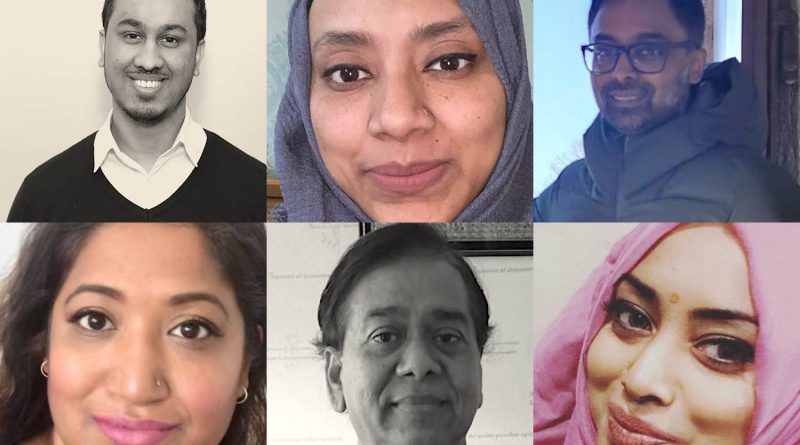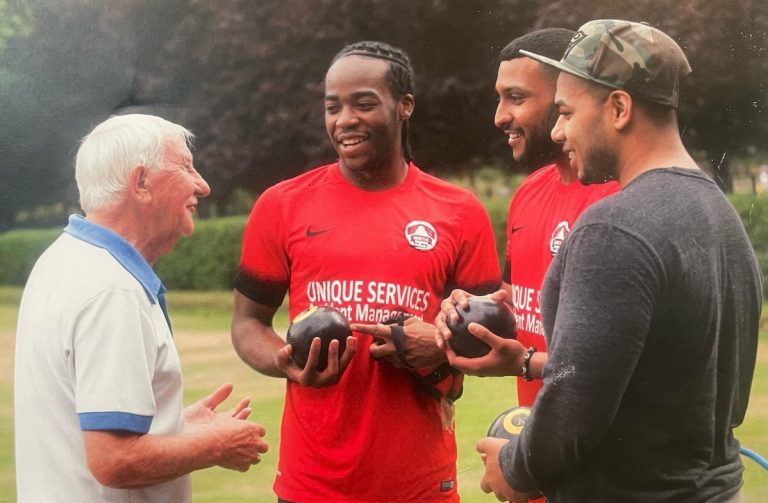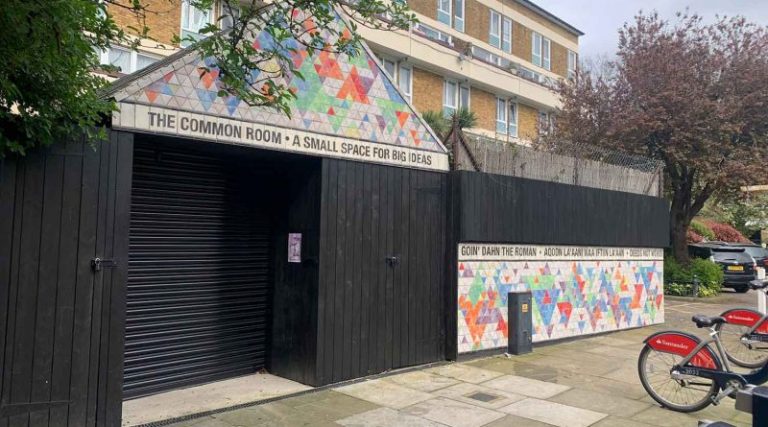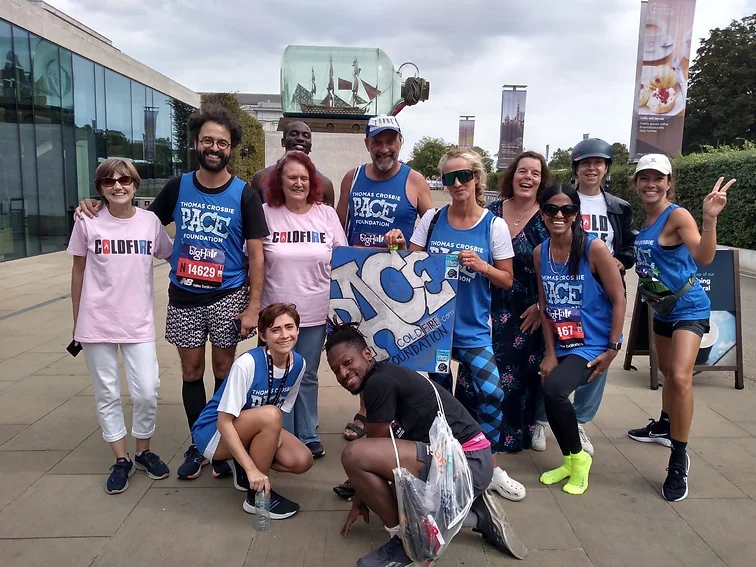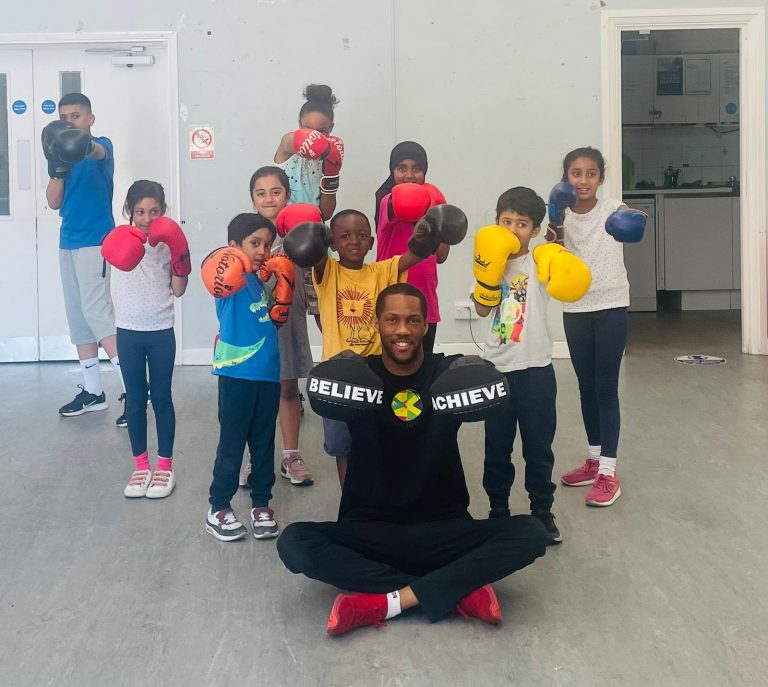BritBanglaCovid: lifting the veil on Bengali invisibility
BritBanglaCovid, a story-telling platform run by local resident Ripon Ray, addresses Bengali erasure in mainstream media during the Covid-19 pandemic.
For more than ten years of his life, 41-year-old Ripon Ray has worked closely with Britain’s ethnic minority groups. From social housing and poverty to education and health, Ray’s career is rooted in statistics proving that British Bangladeshis are one of the most disadvantaged ethnic groups in the UK.
So with the announcement of a nationwide lockdown in March 2020 that was set to rock the nation, Ray was fuelled by an unyielding determination to raise voices and save the lives of his East End Bengali community. From this point – the BritBanglaCovid project was born
Founded in April 2020, BritBanglaCovid is a digital storytelling platform and community forum that shares the experiences and diverse voices of East End’s Bengali community during the Covid-19 pandemic. The platform was created as a direct response to Bengali invisibility by mainstream media and politics.
We meet on what is a truly autumnal day when we stumble across a vacant bench giving the most picturesque view of Victoria Park’s Pavilion Café and its tranquil boating lake.
From Ray’s teenage years at nearby Bancroft Library to weekends spent with relatives in Stepney Green and Cable Street, this setting provides the perfect backdrop in which Ray explains his ties to the East End.
Growing up in a Bangladeshi household in Tower Hamlets and Newham, Ray quickly learnt the ins and outs of racial inequality as it impacted his own community.
‘I knew for a fact that minority communities, on the whole, are always on the bottom of everything: when it comes to health outcomes, they suffer more, when it comes to housing, they’re suffering more.’
While he wears his East End heritage with a sense of pride for a community that became the cornerstone of anti-racism and grassroots activism by the 1980s, Ray believes that the realities of structural racism, healthcare inequality, and disproportionate levels of ethnic minority poverty stare starkly in the faces of those battling with it.
According to pre-pandemic government statistics, those of Bengali heritage face higher levels of poverty, healthcare, and educational inequality in comparison to their white and minority counterparts.
But Ray observed how the pandemic brought an onslaught of new inequalities that came as an immediate threat to Bengali lives with dire consequences.
This assertion has been confirmed by recent government findings that Bangladeshi men work in sectors more likely to be shut down by the pandemic, to more harrowing statistics that show they are five times more likely to die from coronavirus than any other ethnic group.
With such an acute understanding of his community and ten years of working with East End community development organisation, Toynbee Hall, Ray took to documenting the lived experiences of Bengali locals via Zoom calls to counter the government’s one-size-fits-all approach to the pandemic.
From frontline workers and welfare rights officers, to housewives and business owners, Ray understood the diverse experiences of his community better than anyone else; a knowledge he was keen to share and which would inform the BritBanglaCovid platform.
Ray explains: ‘When you look at the demographic within the minority community, language is still an issue, cultural barriers are still an issue. By giving them a leaflet, it just won’t do.’
To alleviate the problem of insufficient resources, BritBanglaCovid has gone on to provide translated government and vaccine information through credible materials, and simplified legal advice for those concerned that they would not receive protection under national healthcare due to their citizenship status.
The platform has also shared the uplifting and empowering stories of others, bringing hope that Bengali leadership is indeed on the rise.
Stories span from learning a new recipe and reconnecting with their Bangladeshi roots to the Bengali nurse who treated the first-ever Covid-positive baby in Britain.
Ray recalls a heart-warming story of a housewife-turned-healthcare worker who felt a sense of empowerment in becoming a credible voice and spokesperson for her family and community.
‘One woman who already divorced her husband, and so she never worked a day in her life and suddenly, she was working with the NHS. She felt proud to work for the NHS. But once the pandemic kicked in, her former husband was asking her for advice and her family members were also asking her for advice. Her kids were so proud of her for working for the NHS and she felt confident and had a role to play.’
Speaking on the future of Bengali leadership, Ray exits our interview with some noteworthy advice for the next generation of aspiring leaders:
‘When you enjoy doing certain things, regardless of whether someone has done it or not, you just do it. Don’t worry too much about making mistakes. As time goes on you accumulate knowledge, and through that process, you learn more.’
BritBanglaCovid is an ongoing community project of different campaigns keen to build an archive of stories, experiences, and a collection of voices from East End’s Bengali community. To share your BritBanglaCovid story with Ray, please visit the BritBanglaCovid website.
If you liked this article, then read our interview with Julia Begum, co-founder of the Swadhinata Trust.

